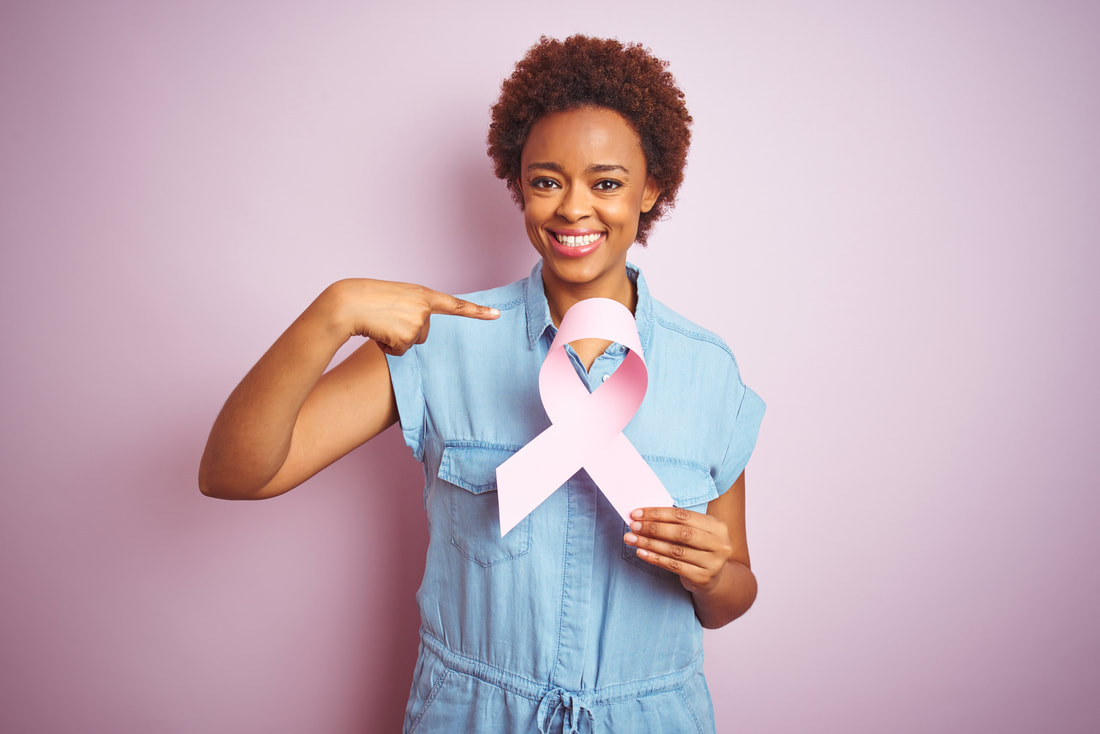|
In a fast-paced world full of opinions, it is important to separate facts from fiction, especially when it comes to your health. We spoke with two Franciscan Health experts, breast surgeon Dr. Juliana Meyer and medical oncologist Dr. Meghana Raghavendra, for a better understanding of breast cancer.
|
|
Know your risk factors.
While deodorants, underwire bras and cell phones have not been shown to increase risk of breast cancer, higher BMI and obesity (especially in postmenopausal women), along with tobacco use, have shown a definite increased risk. By practicing strategies such as physical activity and weight loss, you can even reduce your risk of breast cancer. “A low-fat diet, Mediterranean diet and diets rich in fruits and vegetables have all been demonstrated to reduce risk of breast cancer, while red meat and processed meat have been suggested to increase breast cancer risk,” explains Dr. Raghavendra. Understand what a family history of breast cancer means for you. Dr. Raghavendra explains that while there is a higher risk of the disease in people with more than one first-degree relative with breast cancer, only 5-6% of all breast cancers are directly related to an inherited mutation. Don’t delay your yearly screenings. Dr. Meyer says that self-exams are important, but the best screening practice is a clinical exam in combination with yearly screening mammograms. She adds that if you are at increased risk (due to family history or personal risk factors), you can be seen in Franciscan’s high-risk clinic for additional screening by an expert. A breast cancer diagnosis is not a death sentence. Breast cancer is the most common cancer diagnosis around the globe. Yet despite that overwhelming statistic, there are nearly 4 million breast cancer survivors right now in the US alone. “Breast cancer is very treatable and even curable,” says Dr. Meyer, “but it is more of a marathon than a sprint. There are a lot of steps and moving parts.” |
Breast cancer treatment does not mean you must put your life on hold.
Each patient’s oncology team will work with them to create a treatment plan for their cancer, in order to give them the best outcome possible. “The goal is to continue to live your life to the fullest while receiving treatment,” Dr. Raghavendra says, adding that there have even been advances with chemotherapy, making it more tolerable and minimizing side effects. Dr. Meyer agrees, and has seen many patients continue to work and go about their lives through treatment. She believes that this has come in tandem with the fact that cancer physicians try to create an environment to better support their patients through the entire process. Everyone’s treatment won’t be the same. Dr. Meyer says that the treatment options at Franciscan are individually tailored to each patient and each tumor. Dr. Raghavendra echoes that personalized treatments have evolved significantly in the last several years, saying, “With advent of these additional options for treatment, we have noted a significant increase in cure rates for early breast cancer, and increased overall survival for our patients with advanced breast cancer.” Recovery isn’t just physical. Recovery from cancer treatment is multifold. The physical portion of recovery from treatments takes time and requires a healthy lifestyle, but the mental aspect of recovery should not be overlooked. “There is a significant psychological and emotional toll that cancer takes. Patients need healing from this as well,” says Dr. Raghavendra. Both doctors encourage supportive care through Franciscan’s care clinics and their cancer survivorship program, Moving Beyond. Learn more about your current risk factors by taking a FREE breast cancer risk assessment. |
Copyright © 2025 Pena Group, Inc. All rights reserved.



